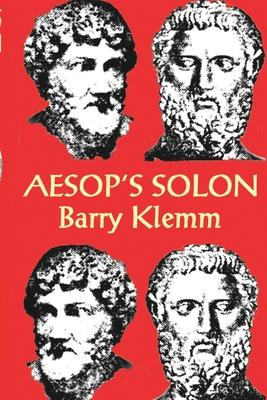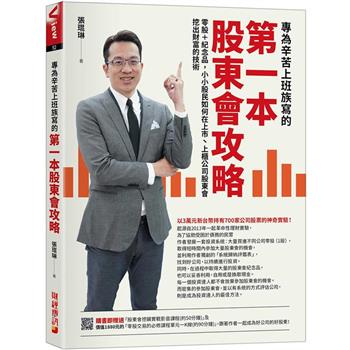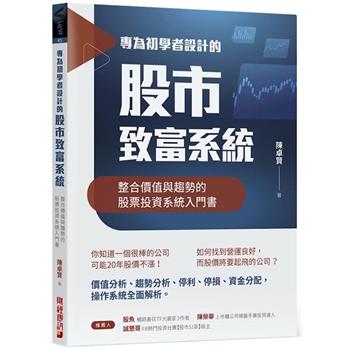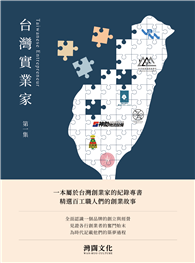Aesop, the man with a fable to elucidate any situation, finds himself guarding the back of his friend Solon of Athens during the politically seminal year of 594BC, when the latter was foolish enough to get himself appointed Chief Archon of Athens in exceptionally complex and very dangerous circumstances. A free market economy has run through to its ultimate point with the entire population enslaved by the 400 members of the High Council of the Areopagus, resulting in a full-scale peasant revolution, and the High Council have appointed Solon to make new laws to save them from their own suicidal profiteering and social excesses. Solon averts the crisis with a series of stunning reforms, establishing the basis of future Democratic governments with the invention of the bicameral parliamentary system and the first use of juries, not to mention certain radical economic innovations, which make him a lot of friends and a handful of exceedingly dangerous enemies. At the same time he must find a way to end a timeless blood feud, and learn to control his own susceptibility to the aphrodisiac effects of absolute power. Aesop’s protective role is one to be performed with his tongue as his only weapon but that is well known to be sharper than any sword.
| FindBook |
有 1 項符合
Aesop’s Solon的圖書 |
 |
Aesop’s Solon 作者:Klemm 出版社:Blurb 出版日期:2021-03-03 語言:英文 規格:平裝 / 324頁 / 22.86 x 15.24 x 1.85 cm / 普通級/ 初版 |
| 圖書館借閱 |
| 國家圖書館 | 全國圖書書目資訊網 | 國立公共資訊圖書館 | 電子書服務平台 | MetaCat 跨館整合查詢 |
| 臺北市立圖書館 | 新北市立圖書館 | 基隆市公共圖書館 | 桃園市立圖書館 | 新竹縣公共圖書館 |
| 苗栗縣立圖書館 | 臺中市立圖書館 | 彰化縣公共圖書館 | 南投縣文化局 | 雲林縣公共圖書館 |
| 嘉義縣圖書館 | 臺南市立圖書館 | 高雄市立圖書館 | 屏東縣公共圖書館 | 宜蘭縣公共圖書館 |
| 花蓮縣文化局 | 臺東縣文化處 |
|
|
圖書介紹 - 資料來源:博客來 評分:
圖書名稱:Aesop’s Solon
|











